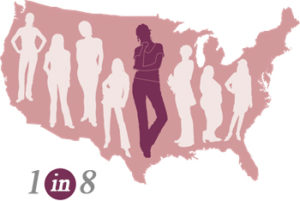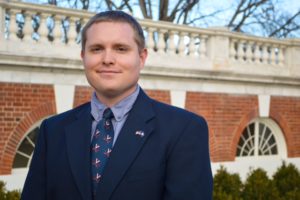Living Life Before, During and After Breast Cancer
“You have breast cancer” are four words that no one ever wants to hear. However, more than three million people have heard these words before and in 2017, at least a ¼ million more will hear it. According to the American Cancer Society, breast cancer occurs in approximately one in eight women and is the most common invasive cancer. Following lung cancer, breast cancer is the leading cause of cancer-related deaths. The risk of death increases when the tumor spreads beyond the walls of the breast. African Americans tend to have a higher breast cancer mortality rate, even though white women over the age of 50 have a higher incidence. There is a multitude of factors that contribute to breast cancer disparities. However, breast cancer is no longer inextricably linked to death. Many women survive.
Jamie Philippe believed her breast cancer diagnosis was a death sentence. On Living Beyond Breast Cancer, she revealed how the disease disrupted her life and left her jobless, homeless, and without a car. Although the disease didn’t kill her, it shattered her livelihood. Jamie returned to work three years post diagnosis, a double mastectomy, and financial hardship. Now she is counted among breast cancer survivors. Novel ways to eradicate and treat breast tumors have emerged. However, more must be done to assist women with managing the sequelae of this horrific disease.
The fear of breast cancer is a reality for many women (it can also occur in men). Women should understand what they can do to decrease their risk for breast cancer and who should be screened. What’s more, women should know their options.
I reached out to Dr. Ted James, the Chief of Breast Surgical Oncology and Co-Director of the Beth Israel Deaconess Breast Care Center and asked him about plausible ways to decrease the risk for breast cancer. Dr. James discussed modifiable risk factors and why screening guidelines are not so simple. He also discussed the role of the Affordable Care Act (ACA) in improving breast cancer outcomes and his concerns about the ACA appeal. The ACA has benefited many women by providing genetic counseling, free preventive counseling, mammograms, removing coverage limits and ensuring that breast cancer survivors are covered for pre-existing conditions. Dr. James described what is being done to help women manage the disease and improve outcomes. His center employs nurse navigators who help women work through the complex treatment decisions and challenges that often accompany a diagnosis of breast cancer.
Breast cancer statistics can be changed. Click the link below to listen to the interview with Dr. Ted James hear his response to what women should know about breast cancer. Know your risk, what you can do to decrease your risk, when and how you should be screened, what to expect from your provider, and what is currently being done to eradicate breast cancer.
Share your story and tell us what you believe everyone should know about breast cancer.
[caption id="attachment_12758" align="alignleft" width="182"] Image from the





